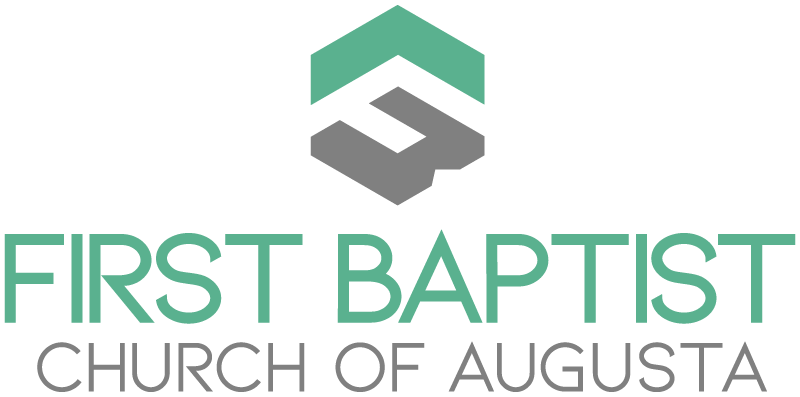November 23, 2025
The message given by Will Dyer is centered on Psalm 62, emphasizing the importance of living with a posture of gratitude and finding rest in God. Will highlights that true thanksgiving is not about being grateful for material possessions or perfect circumstances but about recognizing and being thankful for God’s presence, power, and loving kindness (hesed). Drawing on historical context, such as Abraham Lincoln’s Thanksgiving proclamation during the Civil War, the sermon underscores that gratitude begins in the soul and is rooted in the understanding that everything we have is a gift from God. Will encourages the congregation to reflect on Psalm 62 daily, finding peace and rest in God, who is described as a rock, salvation, and refuge. The message concludes with a prayer, asking for God’s guidance to live with grace and gratitude, anchored in His love and mercy.


